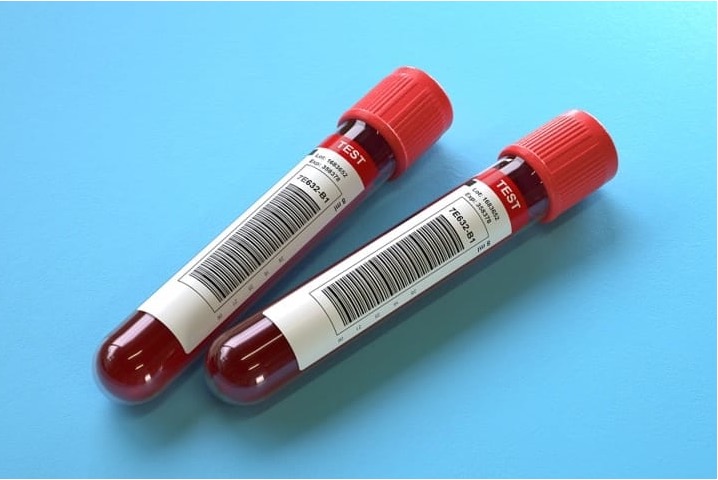



Fifty Memory Clinics to be Set Up Nationwide That Can Screen for Causes of Memory Loss
Chinese Aging Well Association¡¯s Alzheimer's Disease Branch has announced the launch of a special project to establish 50 new memory clinics nationwide and to conduct training in 10 regions, aiming to train approximately 1,000 professionals.
These clinics will primarily target grassroots medical institutions, such as secondary medical institutions, community health service centers, and township health centers, to provide professional and convenient diagnosis, treatment, and care guidance.
Memory clinics specialize in the treatment of memory disorders and cognitive impairment-related diseases such as Alzheimer's disease, offering services including screening, treatment monitoring, risk factor prevention and control, diagnosis, follow-up, daily care, home services, and scientific education.
Moreover, the article reminds the elderly that memory decline can be caused by various factors and is not necessarily Alzheimer's disease; memory clinics can help identify the cause and provide corresponding treatment.
Recently Approved & Launched AD Products
DIRUI Obtained Patent for Alzheimer's Disease Detection Kit, Enhancing System Sensitivity and Accuracy
On January 11, 2024, it is announced that DIRUI had obtained a patent for the "Alzheimer's Related Neurofilament Protein Chemiluminescence Immunoassay Kit and its Preparation Method," which was applied in May 2021.
The chemiluminescent immunoassay kit comprises magnetic particles of streptavidin with a functional group, a monoclonal antibody to Alzheimer-associated neurofilament protein labelled with a chemiluminescent marker and an antibody to Alzheimer-associated neurofilament protein labelled with a coupling marker.
The binding of antigen and antibody of the chemiluminescent immunoassay kit of the present invention is carried out under similar liquid conditions, and the reaction is more rapid and sensitive. The Alzheimer-associated neurofilament protein chemiluminescence immunoassay kit and the chemiluminescence immunoassay instrument form a closed system, and the addition of reagents and samples as well as the detection tasks are all completed automatically by the instrument, which reduces the error of human operation, improves the sensitivity and accuracy of the whole system, and has the effect of the first chemiluminescence detection.
Maccura Published the Latest Research on Alzheimer's Disease Detection
On 30 January, a research team from the First Affiliated Hospital of Anhui Medical University published a research paper entitled Evaluation of serum neurofilament light chain and glial fibrillary acidic protein in the diagnosis of Alzheimer's diseaseonline in Frontiers in Neurology. Evaluation of serum neurofilament light chain and glial fibrillary acidic protein in the diagnosis of Alzheimer's disease", published online by Frontiers in Neurology, the study evaluates the value of serum neurofilament light chain (NfL) and glial fibrillary acidic protein (GFAP) in the diagnosis of AD as well as in the differential diagnosis of AD and mild cognitive impairment (MCI). diagnosis of AD and the differential diagnosis of AD and mild cognitive impairment (MCI).
In conclusion, the study concluded that both serum NfL and serum GFAP can be used as biomarkers for the diagnosis of AD, and that the combined diagnosis can improve the specificity of AD diagnosis.
Currently, the number of dementia diseases, mainly AD, continues to increase and has become an important public health problem worldwide. At the same time, there are very limited effective treatments for AD, which makes early detection and intervention of AD especially critical. As a result, blood marker testing will become an indispensable part of the AD diagnosis and treatment pathway.
Vazyme¡¯s 6 Alzheimer's Disease Detection Kits Got Approved and Launched
Vazyme¡¯s 6 Alzheimer's disease blood test kits, which utilize the proprietary acridinium ester direct chemiluminescence method, have been successfully granted registration certificates for Class II medical devices.
Vazyme¡¯s series of Alzheimer's disease detection products cover the entire prevention, diagnosis, treatment for AD, safeguarding the health of the elderly.
About Alzheimer's Disease
Alzheimer's disease (AD) is a progressive neurodegenerative disorder, characterized by the presence of amyloid-beta plaques and neurofibrillary tangles (NFTs) composed of hyperphosphorylated tau protein in the brain. The pathological changes associated with AD typically begin to accumulate in the brain approximately 10-20 years before the onset of clinical symptoms.
Currently, the staging of AD is primarily based on post-mortem neuropathological assessment and in vivo staging based on cognitive symptoms, such as the Clinical Dementia Rating (CDR). However, biomarker-based staging can detect preclinical changes and offers greater specificity, which is beneficial for personalized medical approaches to treating AD and other neurodegenerative diseases.